

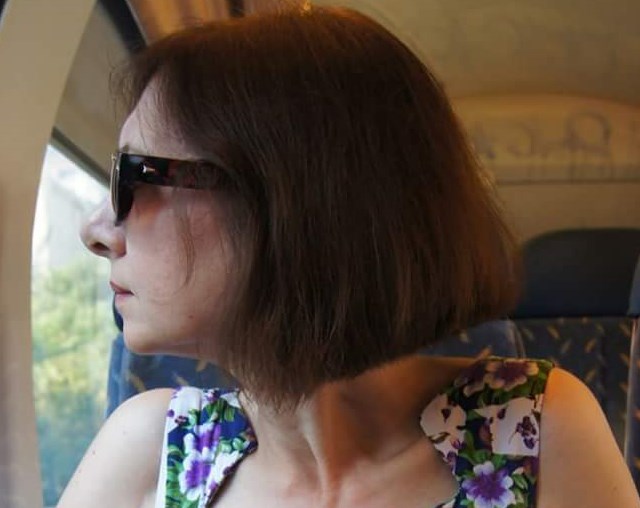
Well, it's a little late, but Happy New Year! I trust that you had a great time, working or not, and that Santa did his thing for you.
They say that every experience is a learning experience - which should be good for revalidation purposes - but here, I share an experience which was more than a learning one - it has changed my outlook.
What would you take from it I wonder?
Cover Picture: Frontispiece: When He Comes He will Rule over the Whole World. Thanks to Liam Quinn for kind permission to reproduce http://www.fromoldbooks.org
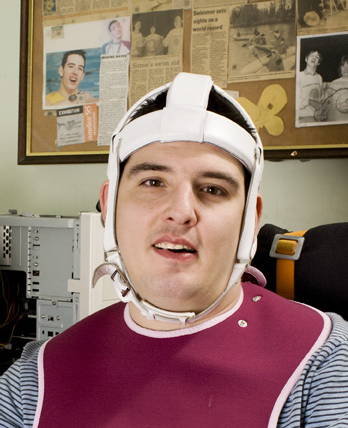
Hearing about a user's experience 'straight from the horse's mouth' can be hard; after all, none of us would like to think that we haven't quite delivered what the user was expecting, or the care that we delivered was left wanting. And perhaps for many of us, accepting that people with a long-term condition or disability who are managing perfectly at home do not necessarily want to reliquish their independence fully in during an 'illness' episode, is difficult.
But both are important in order to prevent dissonance between user and nurse expectations.
In this article, Simon Stevens shares his thoughts.
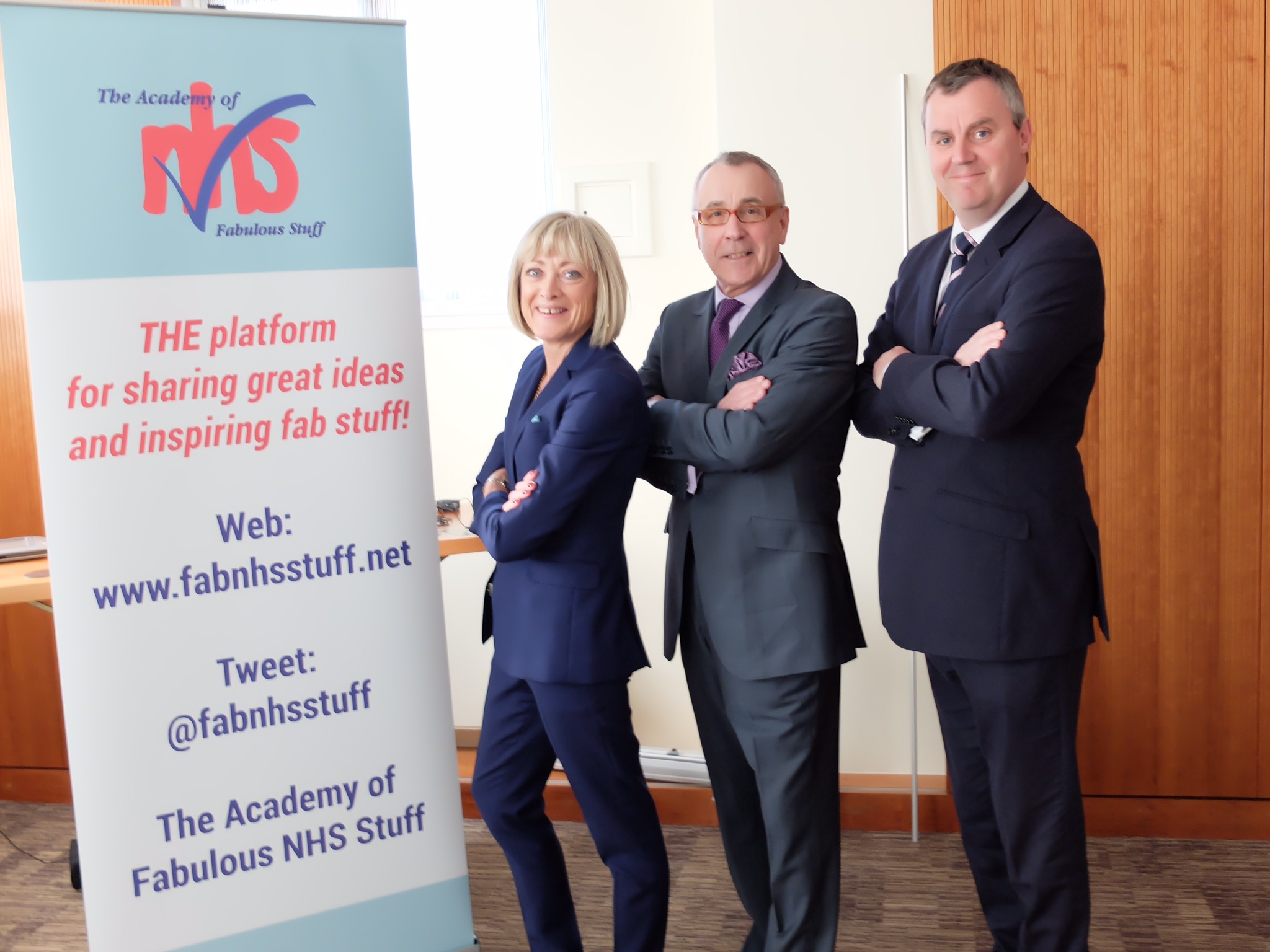
You've done it again! Not content with merely trying to deliver a service in the face of swingeing cuts, more patients and less staff, you've been innovating, creating and generally making life easier for your patients.
So in what looks like becoming the annual 'must be there' event, awards were presented to those of you whom your peers had decided were worth a prize!
Here is a selection of the winners - the remaining fabulous people will be featured in the next issue.

Self administration of medicines by inpatients: are we making any progress? This was a question was posed in a 2013 article by a group of physicians. Frank thinks not so much; read what he has to say.

In Issue 7, we featured an article about ovarian cancer (https://pcnr.co.uk/articles/207/ovarian-cancer-what-you-need-to-know)
I adapted and added to this article for the Health-Care Arena website (https://healthcare-arena.co.uk/dying-of-embarrassment-why-young-women-are-developing-ovarian-cancer/). We are reproducing it here, with permission from HC-A, to mark #CervicalCancerPreventionWeek

Sustainability and Tranformation plans are being hailed as the saviour of the NHS. But are they a force for good, or just another cost-cutting exercise? Joan shares his views.

One can't help but notice that A & E departments are bursting. Everyone from the Government to bed managers are runing around trying to find a solution to the problem. But coul this lie in patient solutions? Here, David Gilbert shares his thoughts in his recent blog.
For more of David's thoughts and insights, please go to: https://futurepatientblog.com/about/

Discharge planning. Two words which strike terror into the hearts of us all. Here, Brian shares his thoughts on how it should be approached.

In the last issue, Frank submitted what he (and perhaps us here at PCNR Towers) thought may be his last piece (https://pcnr.co.uk/articles/333/the-expected-is-always-unexpected). He was v.v. poorly.
However, Frank is a Northerner (hailing from my old home town), and therefore by definition, a hard nut to crack. Dead but won't lie down. Proving that you can live (albeit a little shakily!) with deranged bloods, electrolytes and organs.
Here is his thank you to the staff that cared for him.
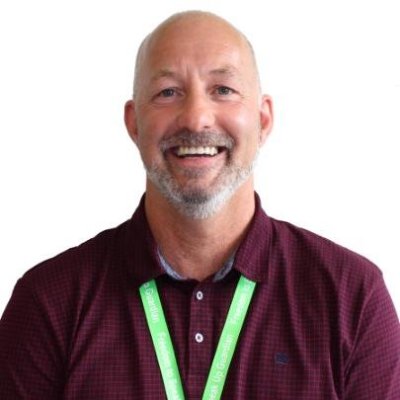
In the last issue, we featured a piece by Wayne Walker, Freedom to Speak Up (FTSU) guardian and multi-skilled technician at Torbay and South Devon NHS Trust. Wayne has been in the role for a little over a year now, and this piece reflects his experience.
This blog was written for the NHS Employees site ,and PCNR would like to thank them for their kind permission to reproduce it here
http://www.nhsemployers.org/blog/2016/12/now-that-you-are-a-freedom-to-speak-up-guardian
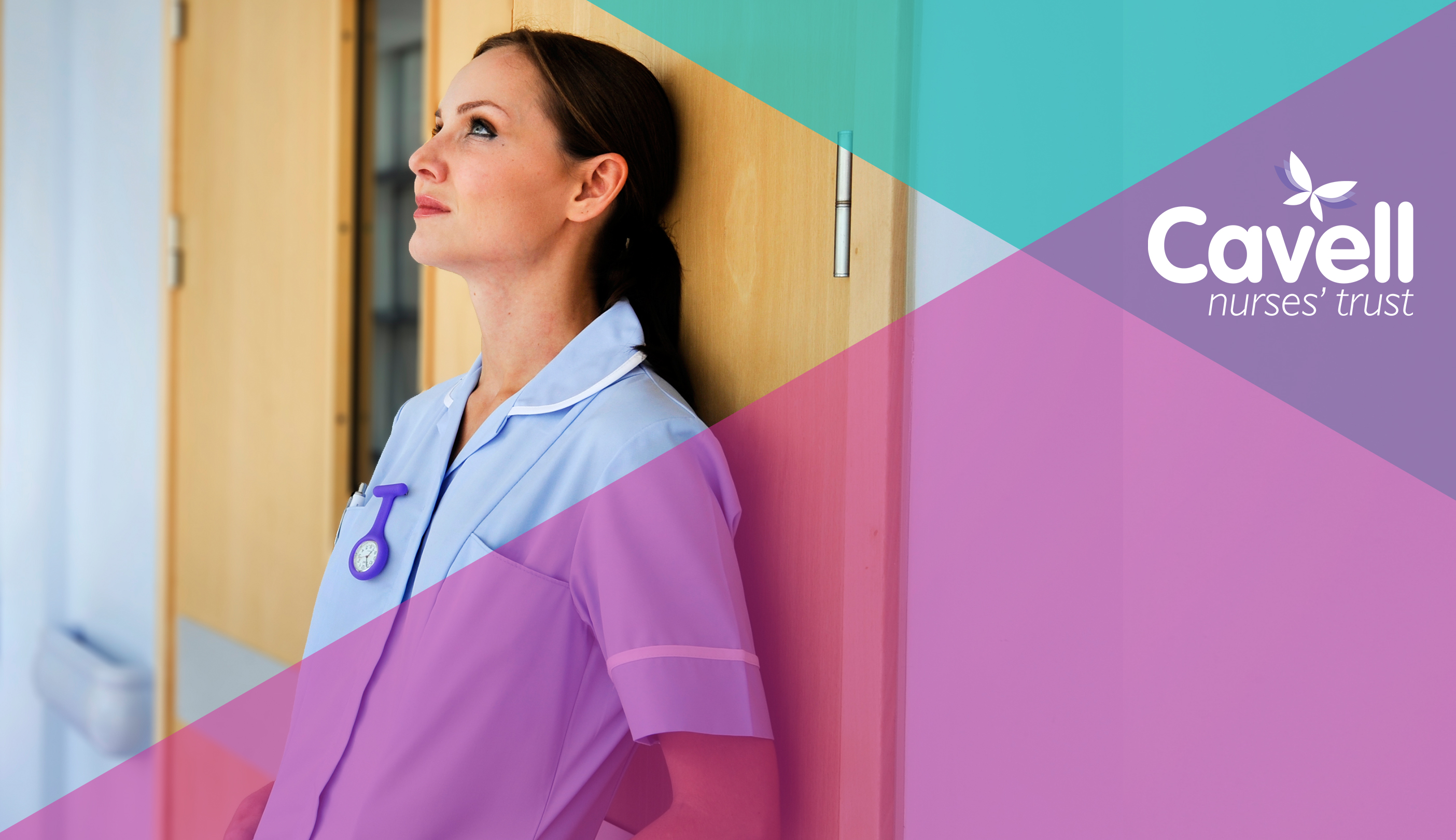
Not only are nurses twice as likely to suffer financial hardship, but they are three times more likely to face domestic abuse than the public. Paul Steiner, Communication Manager at the Cavell Nurses' Trust outlines the action the trust is taking.
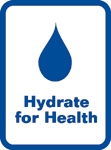
Dehydration is probably the biggest single issue in healthcare, and one of the main causes is the lack of easy access to fluids for people with limited mobility. Those recovering or receiving care in hospital, a hospice or at home who are unable to reach, lift, or hold drinks without help are at risk of dehydration.
This article focuses on a solution.
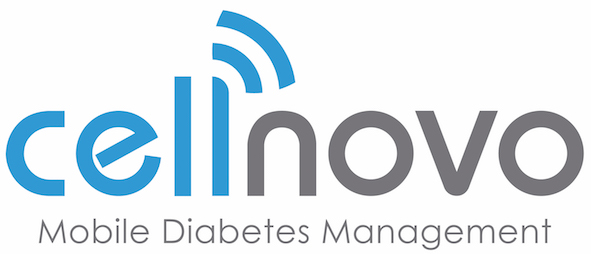
With the number of people with both Type 1 and Type 2 diabetes increasing, new ways of delivering therapy are being explored. Patch pump delivery sustems offer a great deal of freedom and facilitate self-care.
Here, we focus on a new digital patch pump, the Cellnovo system.
Here is the latest news from Northern Ireland